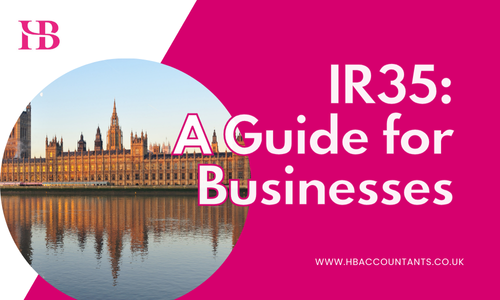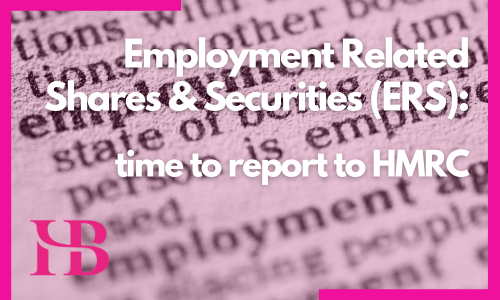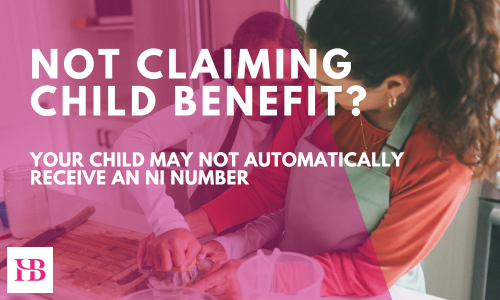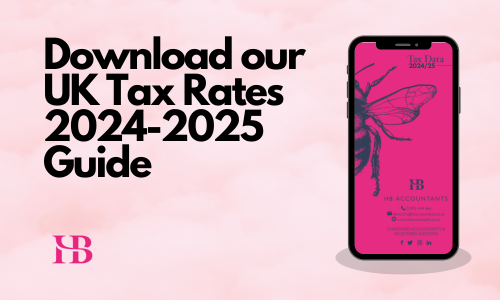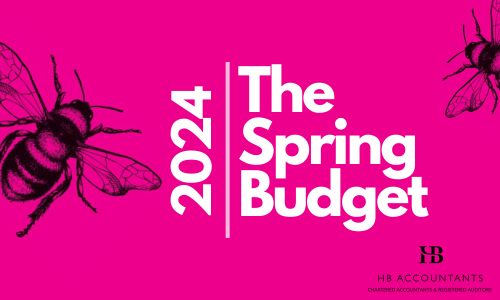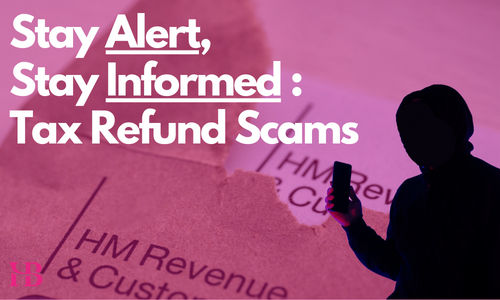The IR35 off-payroll working rules have seen significant changes in recent years. Historically, this has impacted public companies but since 2021, this is also an issue for all businesses. This is a brief overview of the current IR35 situation and how it may impact your business if you employ contractors.
